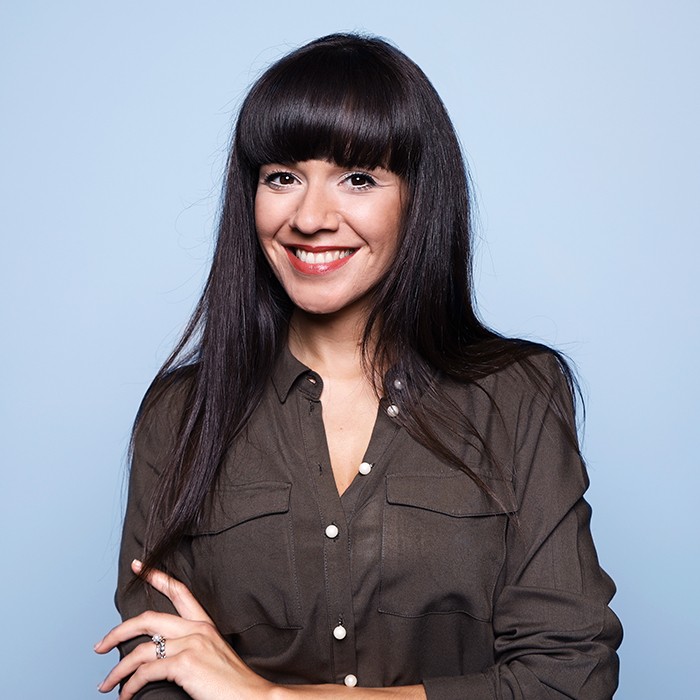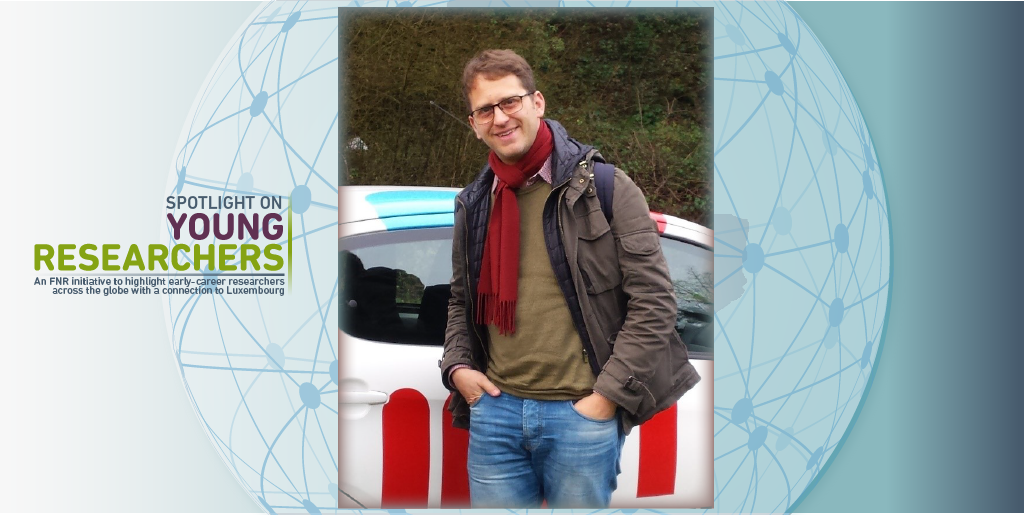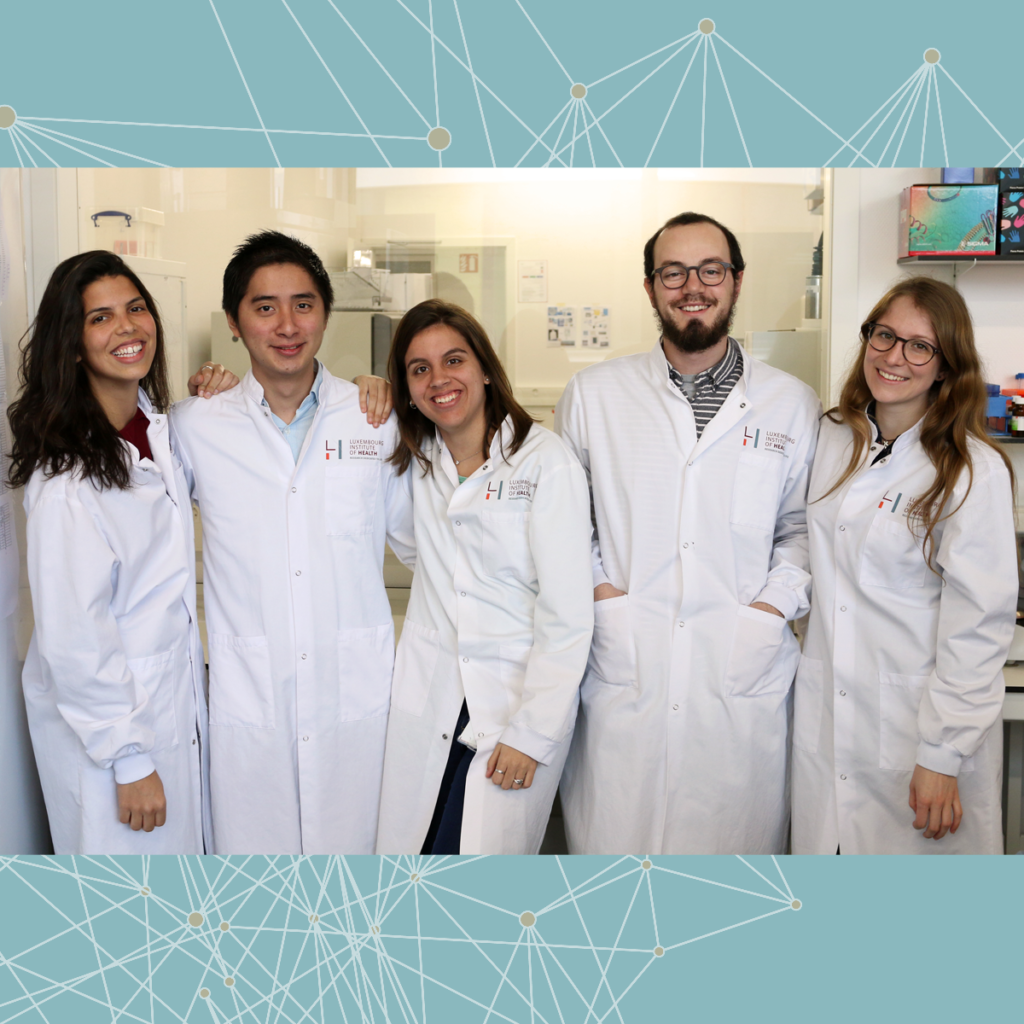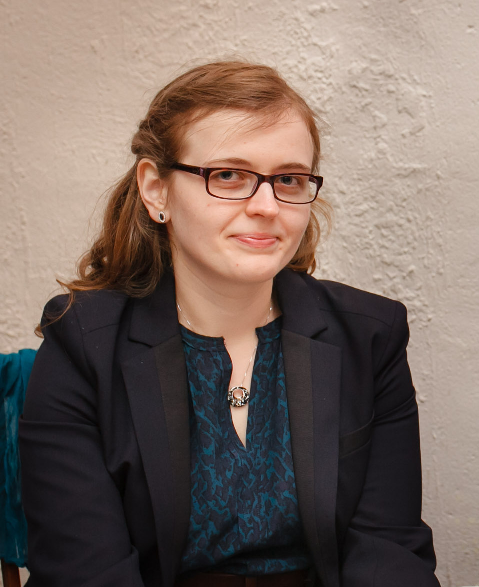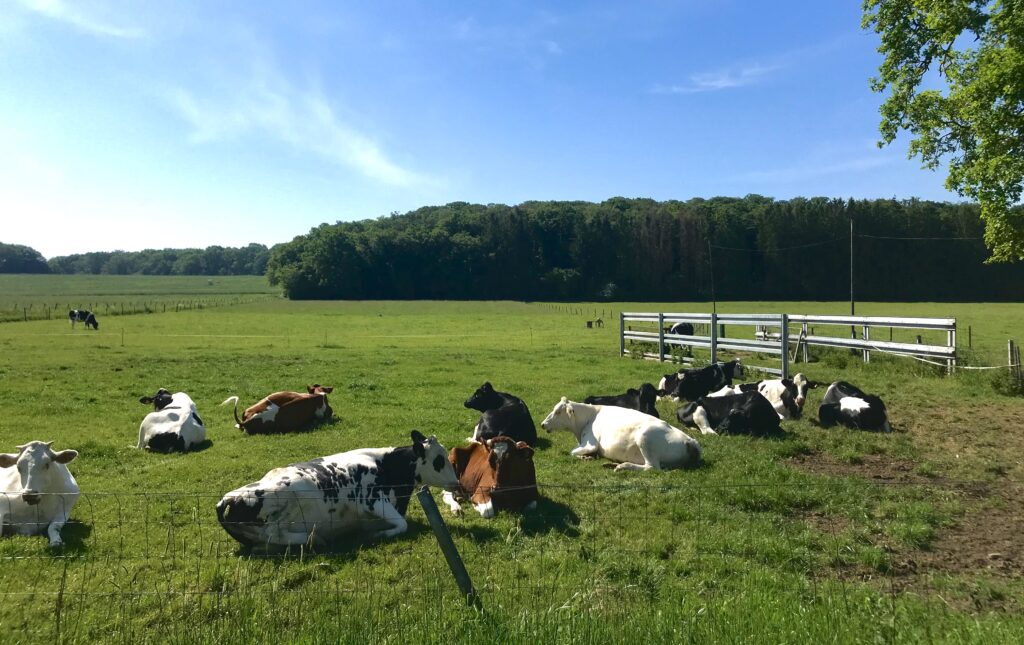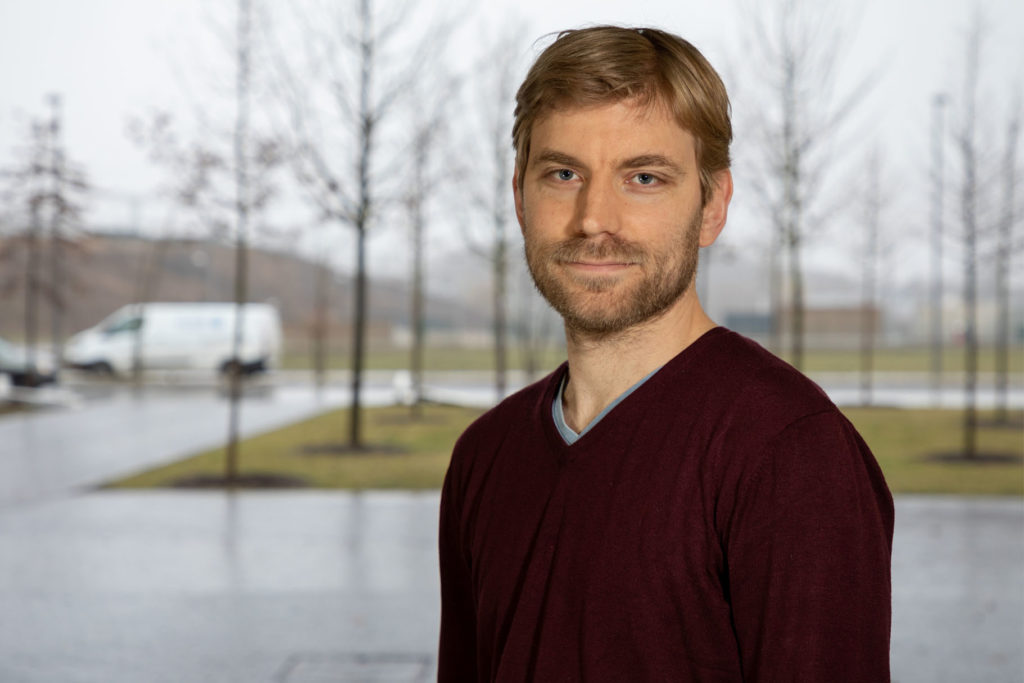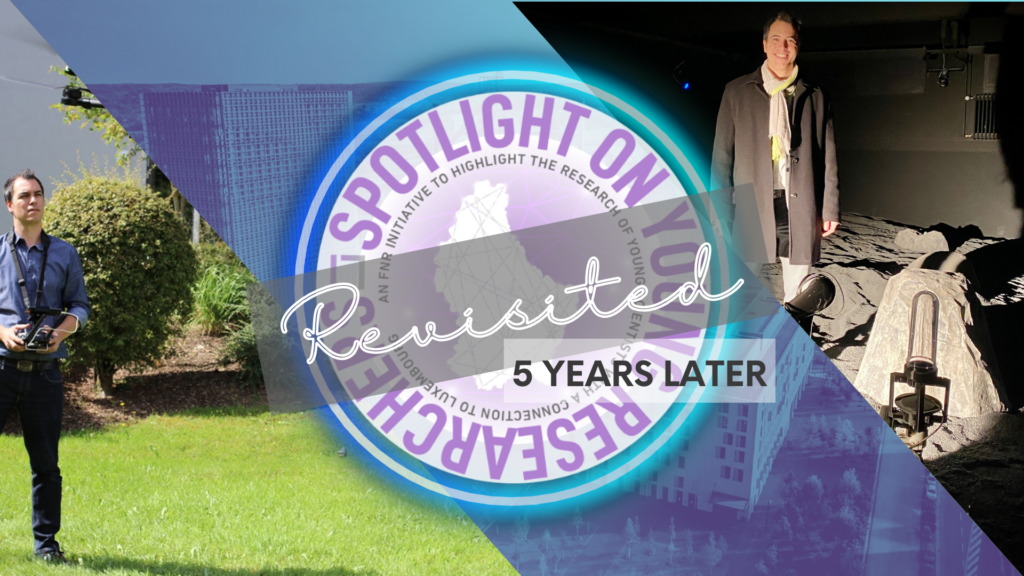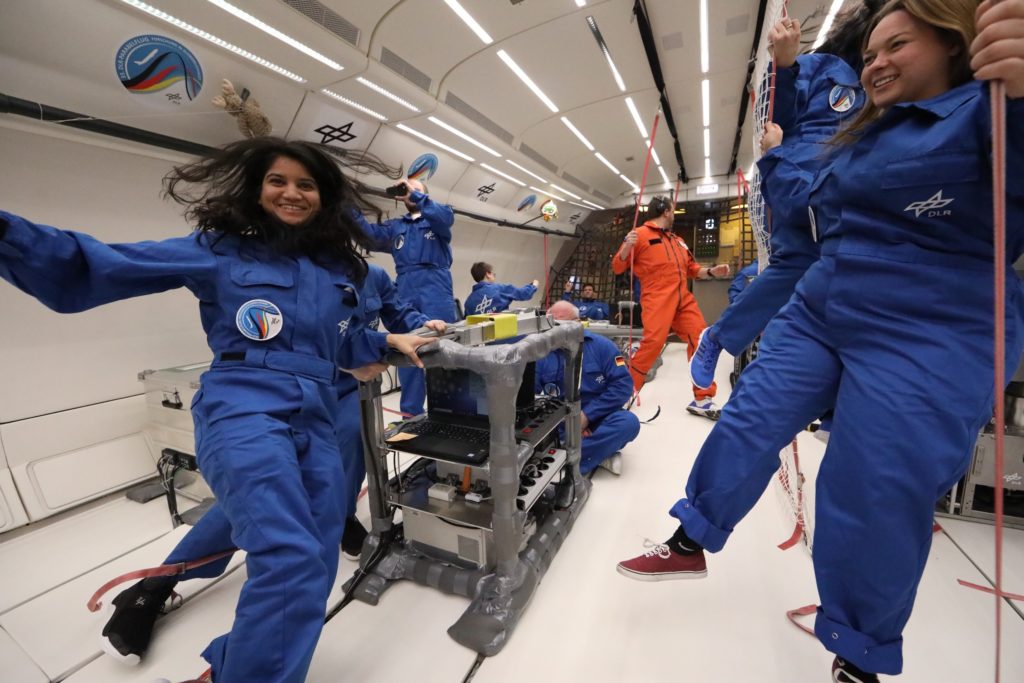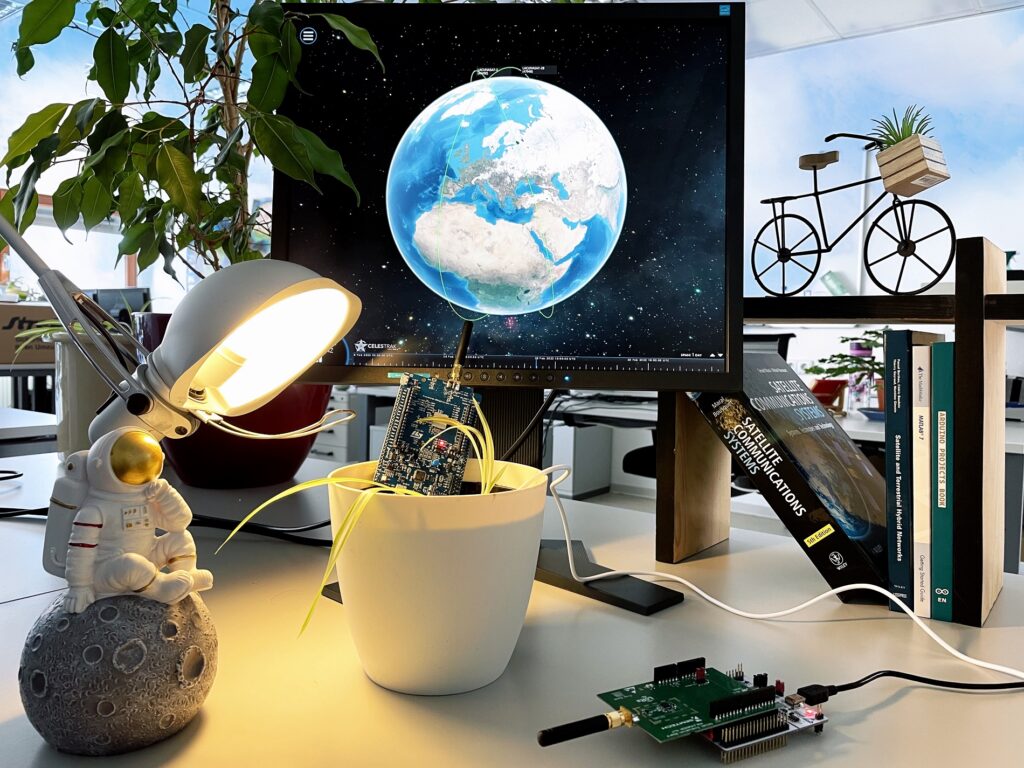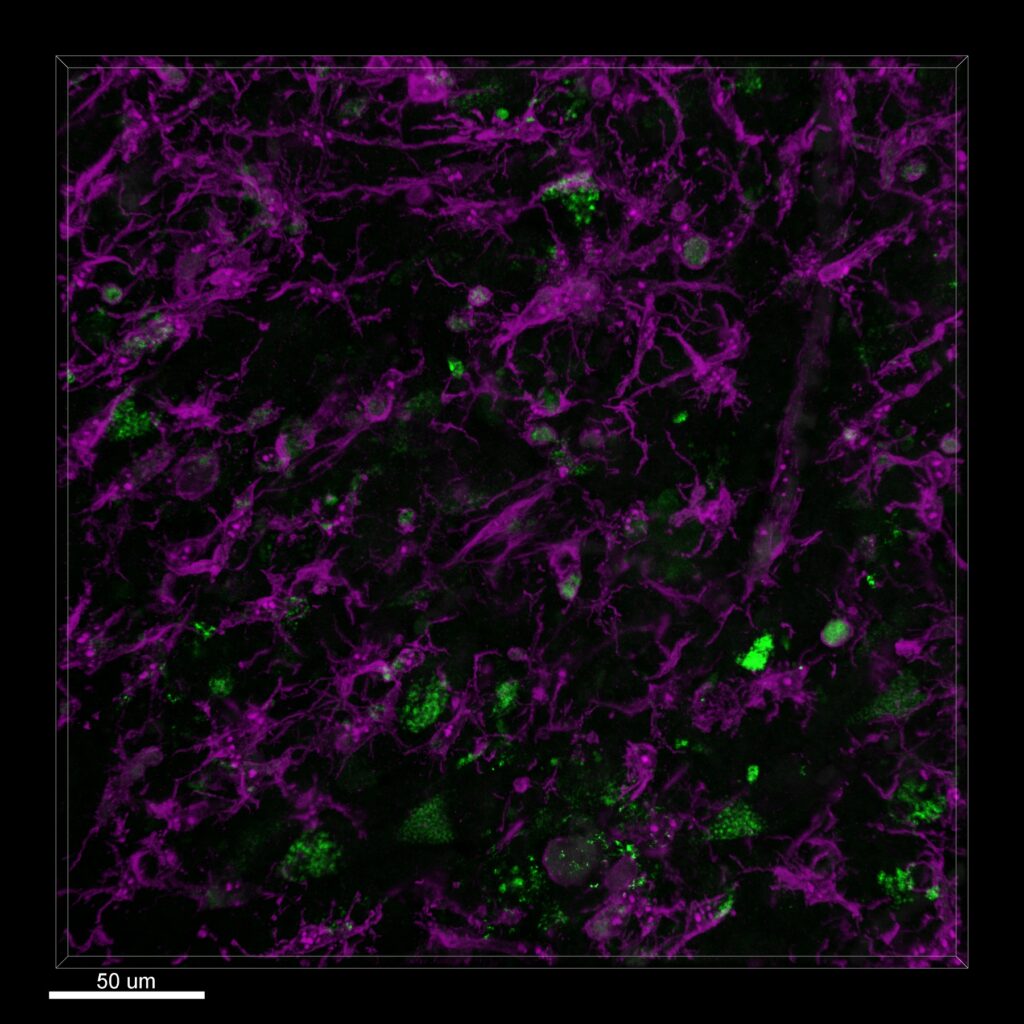Ever since he was a child, Jo Hoeser wanted to understand the function of complex systems. He found himself taking apart and trying to fix broken electronic devices. Then fascination for chemistry came into the mix. Fast forward some years and the Luxembourg national completed his AFR PhD in biochemistry at the Albert-Ludwigs University Freiburg – and wants to return to the Grand Duchy to continue his career in research.
“During high school I learned that all living organisms must use a vast set of chemical reactions to sustain life and to cope with external influences. This motivated me to focus my studies on biochemistry”, says Jo Hoeser, adding that his childhood passion for electronics never faded, and that he for example enjoys building 3D printers for a hobby.
Being a researcher is a perfect fit
The first step towards achieving progress is to identify and understand any existing problems. Once this is done, the insight gained can be used to solve the problems:
“Being a researcher is at the heart of this paradigm, since methodical analysis, evaluation and expertise, as well as creativity, development and perseverance, are needed on a daily basis. All these are factors that I always loved to combine and to apply, which makes being a researcher the perfect choice,” Jo says.
Working with a promising target for new antibiotics
For his AFR PhD, Jo investigated the last enzyme of the bacterial respiratory chain – a possible target for a new category of antibiotics. Many bacteria need this enzyme (called cytochrome bd ubiquinol oxidase) in order to breathe. When this enzyme is genetically removed or inhibited, several pathogens – such as tuberculosis and salmonella – become non-infectious.
Jo explains how his PhD work fed into the project:
“The aim of my work was to produce and to characterize the cytochrome bd oxidase enzyme from different organisms. Therefore the well-known organism E. coli was genetically modified in order to produce large amounts of this enzyme.
“After overproduction, the oxidase was extracted from the bacterial membranes and purified using several chromatographic steps. Afterwards, the enzyme was used for characterization of its chemical, structural and functional properties.
“The results were then evaluated, the system adjusted accordingly and the process repeated. One iteration from start to end took me from two to four weeks to complete, which made the days very rich in diversity.”
Branching out: Heating elements and bumblebees
During his PhD, Jo got a few chances to put his electronics skills to use: His supervisor gave him the opportunity to modify a fluorescence spectrometer in their group, and Jo was able to build in a heating element which allowed the spectrometer to measure fluorescence that depends on temperature – a big help in the purification process of proteins, but not easily done as Jo explains:
“This was very challenging, as I had to develop hardware as well as software from scratch by applying the knowledge on electronics and programming which I gathered over the years.”
Jo’s 3D printer knowledge recently also led to him working on a project about: bumblebees! A group at the Albert-Ludwigs University Freiburg, where Jo did his PhD, are planning to examine the behaviour of bumblebees. In order to do this, they need artificial flowers that can dispense exact amounts of nectar:
“I was asked to redevelop the casing of these robotic flower systems, as in the original publication household items were used. In this case I was required to use my expertise in 3D design to sketch the model and currently I am in the process of producing these casings using my self-built 3D printer.
“I really enjoyed this complementation of biochemistry with electronics and techniques like 3D printing. This allowed me to combine work with my longstanding hobbies and to gain a different way of looking at all of these domains.”
“Since the beginning of my studies, I always planned on returning to Luxembourg”
Jo completed his AFR PhD project in August 2016. He currently remains at Albert-Ludwigs University Freiburg where he has a Postdoc position, but the Luxembourger always planned on returning to Luxembourg:
“At the moment I am standing at the end of my time in Freiburg and I am preparing my return to Luxembourg. Therefore, I will probably end my research on cytochrome bd oxidases permanently and switch to something new. As of now, it is still unclear which topics my future research will cover, but I am currently looking for new challenges.”
Jo is impressed with how much the biochemistry and biomedicine sector in Luxembourg has grown since he left the Grand Duchy for his studies, and hopes to be able to contribute to its further development:
“Nowadays, nearly every week there are articles in the local newspapers reporting about the latest progressions in establishing a solid base for researchers of all disciplines. In my opinion, over the last years a lot has been done to ensure a healthy environment for researchers, but the entire sector is still under development. I always followed this evolution and I would really like to contribute in this undertaking after returning to Luxembourg.”
“I think the goal of every researcher should be to eagerly contribute to development and progress to leave his footprints in the scientific landscape. To achieve this, I specifically like the work in smaller groups, where cooperation is important. If you know the abilities of your group members well, tasks can be effectively spread and everyone contributes to a well working and productive system. Therefore, I aspire to become the leader of a small workgroup at some point in my career.”
Published 04 May 2017
About Spotlight on Young Researchers
Spotlight on Young Researchers is an FNR initiative to highlight early career researchers across the world who have a connection to Luxembourg. This article is the 9th in a series of around 20 articles, which will be published on a weekly basis. You can see more articles below as and when they are published.



